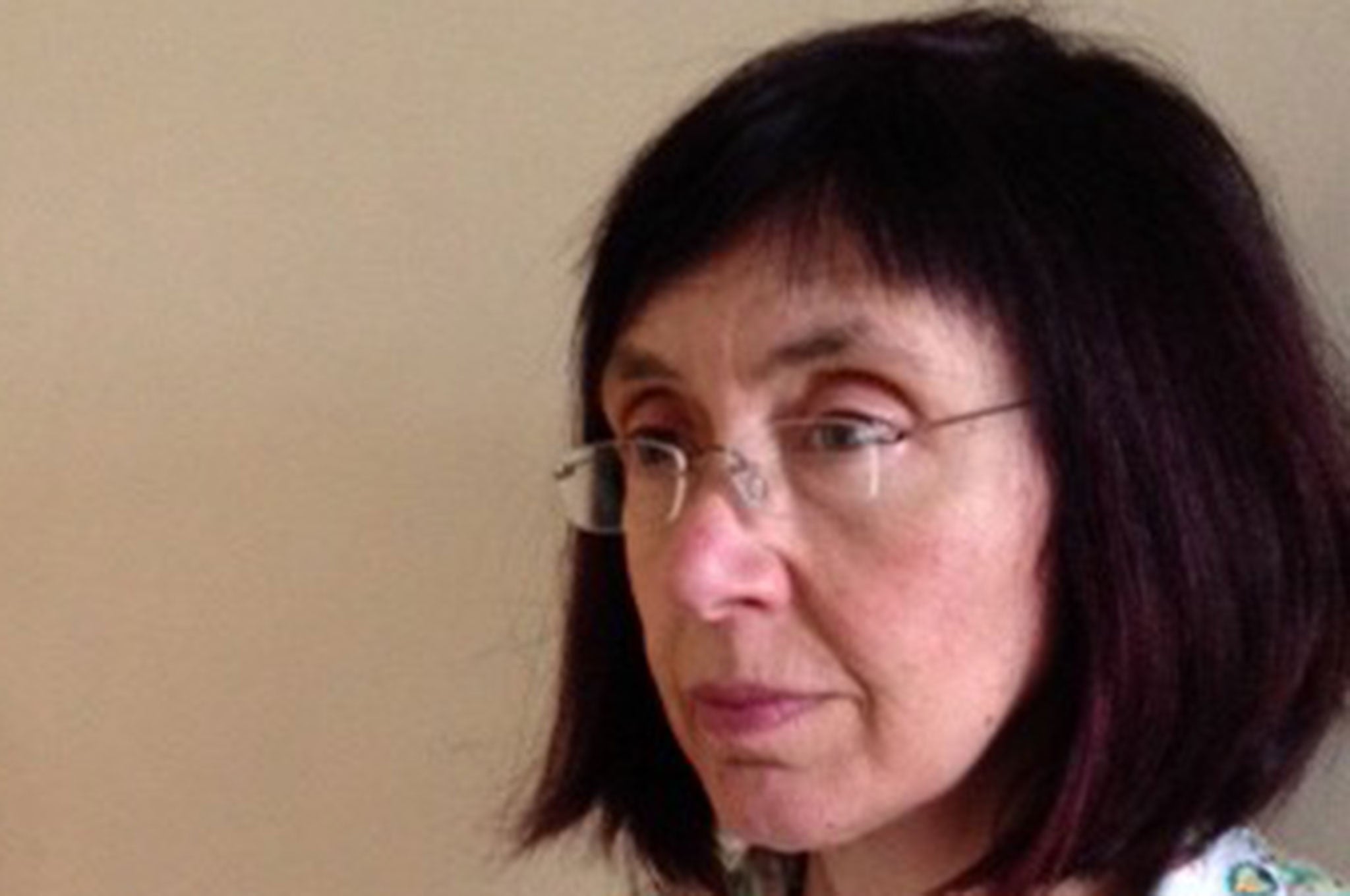Fake memoirs: Academic says we should not disregard books because they unexpectedly change genre
Instead of outrage and lawsuits, author Professor Sue Vice believes we should appreciate the merits of the writing itself

Fake memoirs should not simply be dismissed and pulped by their publishers, according to an academic who argues that they can be great works of fiction.
The merits of the writing itself are often overlooked in the outrage and lawsuits that can follow the exposure of a supposed work of non-fiction or of an author who invents a bogus life story. So says Professor Sue Vice, author of the forthcoming book Textual Deceptions: False Memoirs and Literary Hoaxes in the Contemporary Era.
In May, Misha Defonseca – the author of Surviving With Wolves, which told of her Jewish parents' deportation by the Nazis and the six-year-old Mischa's epic journey across Europe to find them, aided by packs of wolves – was ordered to repay £13.3m to her US publisher after a legal battle following its exposure as a fake.
But Professor Vice said it was important not to disregard books because they had unexpectedly changed genre.
"Sometimes publishers do attempt to pulp the books, but to take anybody in, they must be well written and compelling to read. In every case I came across, the text was interesting in itself, even more so when it was known to be fake," she said.
"Readers might feel angry or betrayed when they discover the truth. But I wonder if very strict boundaries between different literary genres are partly to blame. If memoirs include even a small amount of fictional or reconstructed material, they may be judged as wholly worthless, even though they may have value in literary or psychological terms that exceeds their truth value."
The Sheffield University English literature professor said her favourite fake author was Jiri Kajanë, once dubbed "Albania's second greatest living writer". She said his "endearing, gently humorous" short stories had "literary merit" but would have attracted far less attention initially if it had been known that Kajanë was actually the creation of two Americans, Bill U'Ren and Kevin Phelan.
The 1995 book Fragments, purportedly the memoir of a Latvian child imprisoned in Auschwitz, was later revealed to have been written by a Swiss musician called Bruno Doessekker. Professor Vice said Doessekker appeared to have believed what he had written and the book was interesting "partly as a case history of a delusion".
Doubled Flowering, presented as a collection of poems by a Hiroshima survivor, Araki Yasusada, is now thought to have been written by its supposed translator, Kent Johnson. "In my view, it seems that the 'Yasusada project' is an artistic performance, as part of the creation of a fictional figure whose real authorship remains suspended," Professor Vice said. "The poetry is strikingly direct yet surreal, as if Sylvia Plath had written about Hiroshima."
Join our commenting forum
Join thought-provoking conversations, follow other Independent readers and see their replies
Comments